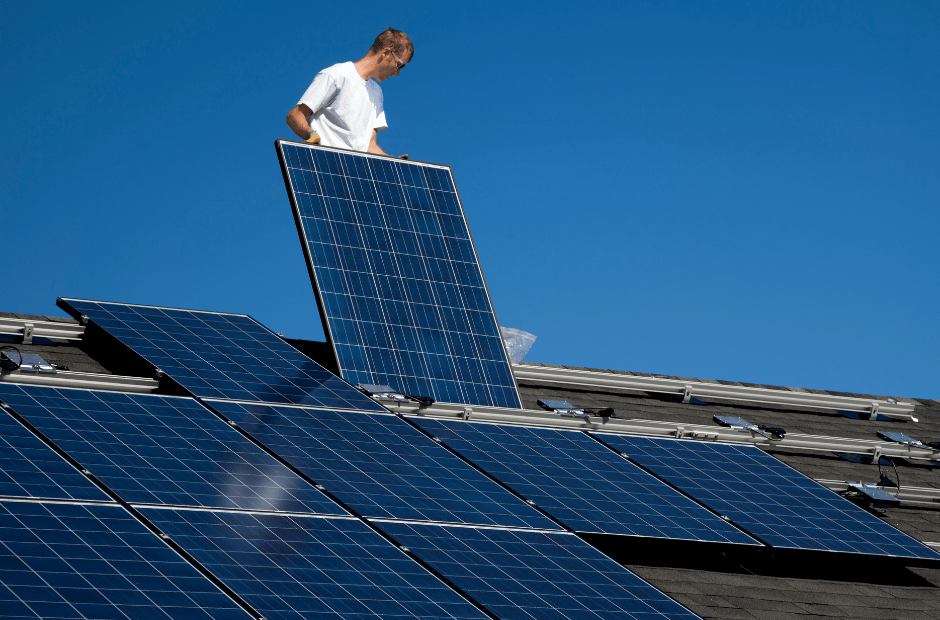A new study carried out by research institute EnergyVille has found that more than half of Flemish homes can be renovated to energy label A for less than €40,000, De Morgen reports.
By 2050, all homes in Flanders must achieve energy performance label A. At the moment, less than 5% of homes meet this classification meaning that approximately 100,000 houses and apartments will need to be renovated every year to meet the standard. Yet these works come with an often prohibitive price tag, which led EnergyVille to crunch some numbers to find the most cost-effective renovations.
Analysing 135 housing types that are representative of Flemish homes, researchers from VITO and EnergyVille calculated various energy upgrades, accounting for variables including the year of construction, surface area, insulation and whether the house is terraced, semi-detached or completely detached.
Related News
- Upcycling and tomato plants: the home trends of 2022
- Belgium's housing market begins to cool after earlier price increases
- Brussels increases support for solar panels
Among the options considered were roof and facade insulation, installation of double-glazed windows, and more sustainable heating. The findings show where best to invest.
Solar panels
Coming in with an average cost of around €4,000, solar panels are the best value way to attain an A label, although researchers noted that the cost can vary greatly. Solar panels provide a fairly large improvement in the EPC score at a relatively limited cost. Findings show that solar panels could help more than 60% of Flemish homes reach label A for less than €40,000.
"Installing solar panels is a no-brainer,” says researcher Maarten De Groote (VITO/EnergyVille). “It is a limited investment with an interesting payback period and has a direct impact on the energy bill.”
Heat pumps
A second scenario considered not only the lowest possible initial investment costs, but also costs incurred during the lifespan of the house, based on the expected energy consumption.
In this case, the optimal investment would cost an average of €41,000 euros which would also pay for better insulation of roofs and walls. Yet researchers were surprised to find that the benefits of a heat pump are less than is often thought. Although they do improve the energy efficiency of homes – particularly those built after 1990 – the energy required to run them can make them costly, especially with energy prices as high as they are currently.
De Groote was disappointed by this finding and called for a solution to keep energy costs low by increasing the price of fossil fuels.
EPC falls short of climate goals
According to the experts, the recent decision by the Flemish government to oblige new owners to renovate their homes to at least level D from 2023 is unambitious and encourages people to make only the easiest and cheapest interventions rather than those that are best in the longer term.
They also noted that although solar panels might be economical, they do not actually reduce energy consumption. “Homes with low energy consumption should be the ultimate goal,” says De Groote. Researchers warn that there is no quick fix, with renovations a labour-intensive and expensive process. However, "by stimulating collective renovations at the neighbourhood level, the government can lower prices making the works more feasible for residents."

